Chinese in Uganda hosted by Stanbic
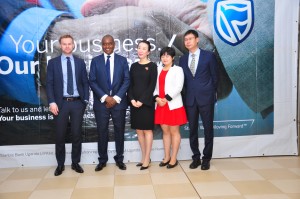
Stevens lines up with Mucai, Wang Ives from Standard Bank, Beijing office, Miaomiao Lu, the Transactional Banker at Stanbic Bank and Wang Changsheng of the ICBC, Beijing.
March 16—In seven years Sino-Uganda annual trade has grown from $70 million to $730 million today, but skewed in favour of the Chinese as Uganda struggles to exploit export markets in China. According to figures provided, Uganda’s exports to China are currently at about $30 million.
However the Chinese have become the leading source of foreign direct investment (FDI) and the leading financier for Uganda’s new infrastructure projects, including roads, power stations and the proposed Standard Gauge Railway.
“The beauty with the Chinese, is that they knocked the whole aid model on its head,” Edwin Mucai, Head, Corporate and Investment Banking, at Stanbic said while welcoming his guests.
Chinese business people were hosted by Stanbic Bank (Uganda). Together with representatives from the Industrial and Commercial Bank of China Limited (ICBC), the guests were updated on the latest economic forecasts and the various ways the two banks can help their enterprises.
Several key people were brought in to brief the gathering about trends both in China and Uganda, as well as the outlook for such things as the shilling exchange rate, the renminbi, interest rates, export credit insurance and the general growth prospects for the two countries.
ICBC holds a 20% minority stake in Standard Bank, Stanbic’s parent based in Johannesburg, South Africa. As of February 2017, ICBC is the largest bank in the world by total assets (just over $3 trillion) and the third largest bank in the world by market capitalization.
The event was dubbed ‘Chinese Economic Forum 2017’ and befitting the occasion it was largely in Chinese. Many of the guests are Stanbic clients, involved in retail, general trading construction, extractive industries and manufacturing. The Forum provided them with both background and the circumstances where ICBC and Stanbic can service their financial transactions. Thefe was also representative from Sinosure, China’s leading export credit insurance corporation.
Jeremy Stevens, the Standard Bank Economist in Beijing said the Chinese story in Africa is a positive one. “The Chinese have been helping Africans help themselves and not in a patronising way. Africa is becoming unrecognizable because of Chinese help.”
He said despite a government policy shift from stimulus to managing domestic expectations and encouraging Chinese consumption, there is still some demand for African raw materials and in time agricultural produce as more Chinese move to cities.
He said the government is also bent on reducing the debt in mostly state-owned corporations. “They have gone for stability. Monetary policy is to tighten, but fiscal policy will be expansionary.”
He said China has debunked the narrative that big countries cannot undergo rapid economic growth to such an extent that many Chinese corporations have now become powerful worldwide and the state of the Chinese economy can influence global interest rates. China also continues to provide Africa with concessional loans.
He said the re-balancing of the Chinese economy has meant a growing excess of capacity in companies that have developed world class expertise. “All these companies connected to roads, trains and so on are looking for opportunities to externalise. Africa is the best destination for this capacity,” he said
Jibran Qureishi, the Standard Bank Economist for East Africa said the region should no longer look at itself in isolation. He gave the example of any movement to the US Federal rate. Higher rates will mean a stronger dollar which directly effects regional foreign exchange markets. He projected the Uganda shilling exchange rate with the dollar could reach between UGX3800 and UGX3900.
He said sustaining East Africa’s economic growth will also depend on how well the governments spend the Chinese loans.
David Wandera, Head of Sales, Global Markets at Stanbic Bank, reminded guests theirs is the biggest bank in Uganda and a consistent top performer as a Primary Dealer for government treasuries and securities. He said the Global Markets division can help with all kinds of forex transfers, manage both interest and currency risks and handle any relevant compliance demands. They can also deal in options and derivatives, depending on the clients requirements.
“Our relationship with ICBC helps us do this best,” and he added that the renminbi is now the sixth most traded currency in the world, but with good prospects of an even higher placing in future. He said Stanbic can help clients with hedging against currency volatility, but the renminbi is relatively stable due to being pegged on a basket of currencies.

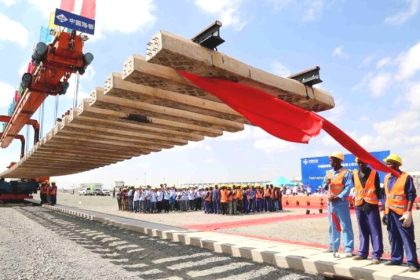 AfDB puts up nearly $700m for Burundi-Tanzania SGR link
AfDB puts up nearly $700m for Burundi-Tanzania SGR link
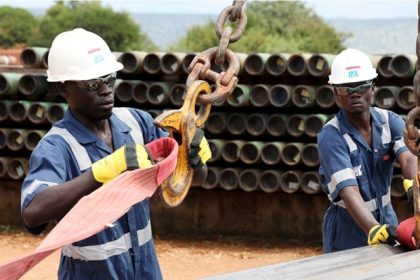 Bank of Uganda keeps base rate at 9.5% to support surge in GDP growth
Bank of Uganda keeps base rate at 9.5% to support surge in GDP growth
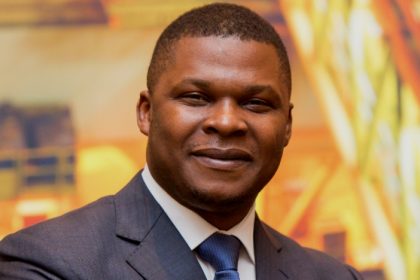 Africans must resist being bulldozed in energy transition timetable debate
Africans must resist being bulldozed in energy transition timetable debate
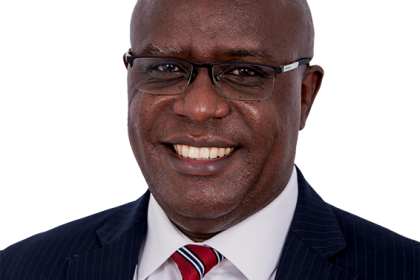 Standard Bank Group appoints new Chief Executive for Uganda Holdings
Standard Bank Group appoints new Chief Executive for Uganda Holdings
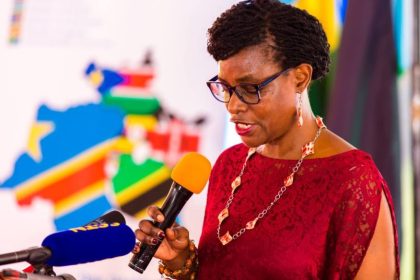 TradeMark Africa introduces new App to limit EAC trade barriers
TradeMark Africa introduces new App to limit EAC trade barriers
 Employer hiring up during November as Stanbic PMI rises to 53.4
Employer hiring up during November as Stanbic PMI rises to 53.4
